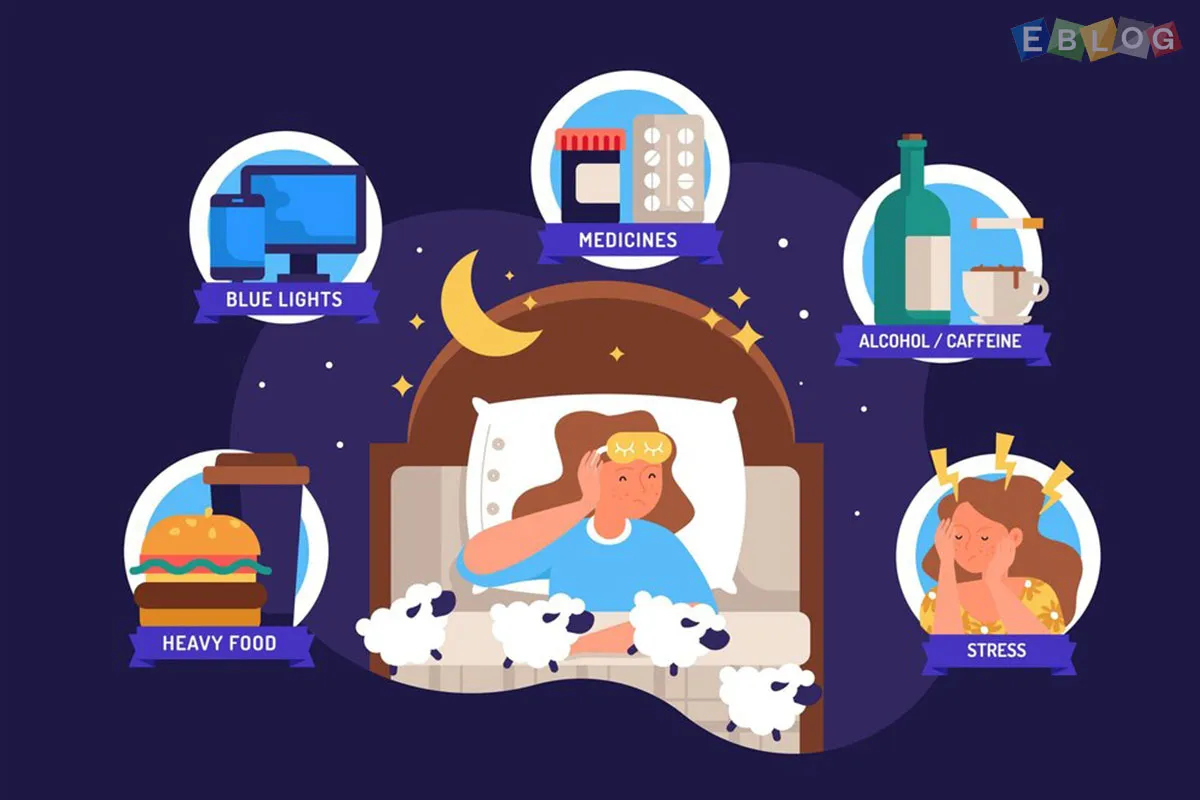
How Acupuncture Can Improve Your Health and Well-Being
- 26 Dec, 2024
- Health
- 515 Views
- 0 Comments
In recent years, acupuncture has gained significant recognition as a holistic therapy with the potential to improve overall health and well-being. Originating from Traditional Chinese Medicine (TCM), acupuncture involves the insertion of thin needles into specific points on the body to stimulate energy flow, or "Qi" (pronounced "chee"). This ancient practice has been used for thousands of years to promote balance and harmony within the body, and today, it continues to offer benefits beyond pain management. In this blog, we will explore how acupuncture can enhance physical, emotional, and mental health.
1. What is Acupuncture?
Acupuncture is a key component of Traditional Chinese Medicine, which is based on the idea that life energy, or Qi, flows through pathways in the body known as meridians. When Qi is blocked or out of balance, it can lead to illness or discomfort. By inserting wonderful needles into specific points along these meridians, acupuncture practitioners aim to restore the flow of Qi, helping the body to heal itself naturally.
2. How Acupuncture Improves Your Health
a. Pain Relief
Acupuncture is most well-known for its effectiveness in relieving pain. Whether it’s chronic pain, such as back pain, arthritis, headaches, or acute pain from an injury, acupuncture can be a powerful tool for pain management. The process stimulates the body’s natural painkillers, such as endorphins, and promotes better blood circulation to the affected areas. Studies have shown that acupuncture can be as effective as conventional treatments for conditions like migraines, neck pain, and osteoarthritis.
b. Reducing Stress and Anxiety
Acupuncture can also have a significant impact on mental health by reducing stress and anxiety. By stimulating certain acupuncture points, the practice helps regulate the body’s stress response and encourages relaxation. Acupuncture has been found to lower cortisol levels, the hormone responsible for stress, while increasing the production of serotonin and endorphins. These neurotransmitters contribute to feelings of well-being and happiness. Many individuals find that acupuncture helps them manage the pressures of daily life, allowing for better emotional balance and mental clarity.
c. Improving Sleep Quality
One of the most common reasons people seek acupuncture treatment is to improve sleep. Sleep disturbances, such as insomnia, can be caused by a variety of factors, including stress, pain, or an imbalance in the body’s natural rhythms. Acupuncture can help restore balance to these rhythms and promote better sleep quality by regulating the body's internal systems. It is believed to help calm the nervous system and relax the muscles, making it easier to fall asleep and stay asleep throughout the night. For many people, regular acupuncture sessions lead to improved sleep patterns and a more restful night’s sleep.
d. Boosting the Immune System
Acupuncture is known to enhance the body’s immune system by promoting the flow of Qi and improving circulation. When the body’s energy is balanced, it is better equipped to fight off infections and illnesses. Research suggests that acupuncture may stimulate the production of white blood cells, which are essential for immune defense. Regular acupuncture treatments can help keep the immune system strong, reduce the severity of illnesses, and speed up recovery times, making it an excellent option during cold and flu season.
e. Digestive Health
Acupuncture has a long history of use in treating digestive issues. It can help regulate digestion by addressing underlying imbalances in the body’s energy. Whether it’s bloating, constipation, diarrhea, or acid reflux, acupuncture works by promoting better blood flow to the digestive organs, improving their function. It can also help reduce inflammation in the digestive tract and support the body’s natural detoxification processes. Many people who struggle with chronic digestive issues report significant improvements after acupuncture treatments, including reduced symptoms and better overall gut health.
f. Enhancing Fertility
Acupuncture has been shown to have a positive impact on fertility, particularly for women undergoing in vitro fertilization (IVF) treatments. By regulating hormones, improving blood flow to the reproductive organs, and reducing stress, acupuncture helps create a more favorable environment for conception. Studies have indicated that acupuncture can increase the success rate of IVF and help improve sperm quality in men. Even for those not pursuing fertility treatments, acupuncture can help balance reproductive health, alleviate menstrual irregularities, and reduce symptoms of menopause, such as hot flashes and mood swings.
g. Mental Clarity and Focus
In addition to helping with stress and anxiety, acupuncture can improve cognitive function by increasing blood flow to the brain. It is thought to stimulate the production of neurotransmitters and hormones that improve mental clarity, focus, and memory. Whether you're dealing with brain fog, difficulty concentrating, or a lack of motivation, acupuncture can help you sharpen your mind and boost your productivity. Many individuals find that acupuncture provides mental clarity that enhances their performance at work or in daily tasks.
3. The Role of Acupuncture in Overall Well-Being
Acupuncture is not only about addressing specific symptoms or conditions; it is a holistic treatment that promotes overall well-being. By restoring balance in the body and mind, acupuncture helps enhance vitality, prevent illness, and promote a sense of overall health. Many people report feeling more energized, centered, and connected after acupuncture treatments. It encourages the body to heal itself and encourages a deeper sense of wellness, making it a valuable practice for anyone looking to improve their quality of life.
4. How to Incorporate Acupuncture into Your Health Routine
If you’re considering acupuncture as part of your wellness routine, here are a few tips to get started:
a. Consult a Licensed Practitioner: It’s essential to seek treatment from a licensed acupuncturist who has received proper training and certification. They will be able to assess your individual health needs and create a treatment plan tailored to your goals.
b. Start with Regular Sessions: Depending on your condition, acupuncture may require multiple sessions to experience significant results. Many people start with treatments once a week and gradually reduce the frequency as their symptoms improve.
c. Combine with Other Healthy Practices: Acupuncture works best when combined with a healthy lifestyle. Be sure to eat a balanced diet, get regular exercise, manage stress, and get enough sleep to enhance the benefits of acupuncture.
d. Be Patient: While some people feel immediate relief after a single session, others may require several treatments to experience the full benefits. Consistency is key to long-term success.
4. Conclusion
Acupuncture is a time-tested therapy that can have a profound impact on your physical, emotional, and mental well-being. From pain relief and stress reduction to improved digestion and enhanced fertility, the benefits of acupuncture are far-reaching. By addressing the body’s energy flow and restoring balance, acupuncture can help improve not just your symptoms, but your overall quality of life. Whether you’re seeking relief from a specific condition or simply looking to enhance your wellness, acupuncture may be the holistic approach you’ve been searching for.
If you’re new to acupuncture, consider giving it a try—your body and mind may thank you for it!













Leave a Reply